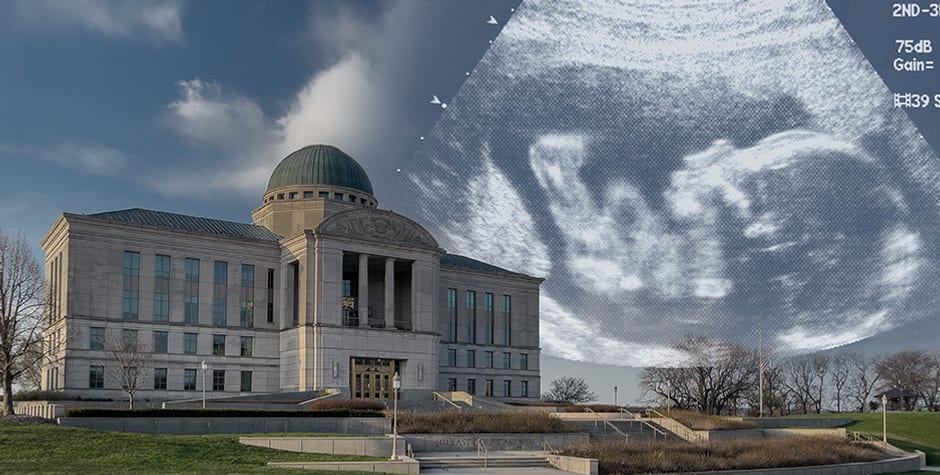ACLJ Files Amicus Brief With the Supreme Court of Iowa To Defend the Unborn
For decades, the ACLJ has been at the forefront of protecting the unborn by defending pro-life laws. Fetal heartbeat laws are crucial pieces of legislation in this ongoing battle; innumerable lives are saved by prohibiting abortion once the growing child’s heartbeat is detected. Thankfully, these pro-life laws are being passed in many states across the country.
In the wake of Dobbs, the Iowa legislature passed a fetal heartbeat bill. Unfortunately, pro-abortionists have come against this law, claiming a right to abortion is found in the state’s constitution. On behalf of 45 Iowa state legislators, the ACLJ has submitted an amicus brief to the Iowa Supreme Court, laying out the legal arguments for the court that the legislators are empowered to protect the lives of children. Therefore, the court should affirm the enforceability of the law.
At a fundamental level, the separation of powers vests the authority to create regulations in the legislature. Thus, the only proper place for abortion to be regulated is by the legislature, not the courts. It is for the courts to say what the law is, not what the judges would like it to be. Here, it is simple: The law prohibits abortion when a heartbeat is detected.
We stated in our brief:
[A] court-created abortion “right” wrongfully enshrines the court’s own subjective theory of life—including the point at which living human beings become entitled to basic dignity and legal protection—into constitutional law. As the Dobbs Court noted:
The dissent . . . would impose on the people a particular theory about when the rights of personhood begin. According to the dissent, the Constitution requires the States to regard a fetus as lacking even the most basic human right—to live—at least until an arbitrary point in a pregnancy has passed. Nothing in the Constitution or in our Nation’s legal traditions authorizes the Court to adopt that “theory of life.”
Dobbs, 142 S. Ct. at 2261.
Furthermore, “Iowa[’s] legislature has a longstanding history of regulating abortion.” In the 1800s abortion was a criminal act in Iowa. The legislature had abortion laws through the 1900s. It was only after the influence of Roe that the legislature repealed its regulation. Now, Roe no longer has a hold, and the legislature is taking back its proper power to regulate. A victory in this case will be a triumph for judicial integrity and the lives of the many unborn children who will be saved.
